What is the Reference Panel’s role?
The Reference Panel’s (RP) role is to encourage collaboration and innovation of both science and software development within APSIM, and to oversee, approve and manage all APSIM change and development activities. The RP advises the Steering Committee on technical and commercial matters and has certain delegated responsibilities under the APSIM Initiative Innovation Agreement. In particular the RP is responsible for:
1. Science Quality: Overseeing and approving all science modifications to APSIM including new science functionality. This function reviews all science changes to APSIM, being cognisant of the wider APSIM functionality and advises the Steering Committee on acceptance or rejection of proposed science changes.
2. Software Engineering: Overseeing and approving all software changes and development activities dealing with APSIM, including release management, reengineering source code and actively improving software process, reviewing all source code modifications and changes and advising the Steering Committee on acceptance or rejection of same. The Guiding Principles for RP operations are outlined in the APSIM Initiative Innovation Agreement.
The current Reference Panel members are as follows:
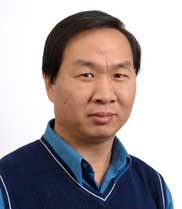
Enli Wang
- Dr Enli is a Chief Research Scientist and Team Leader at CSIRO in Canberra. Current Chair of the Reference Panel. He has expertise in plant ecophysiology, agrometeorology and soil-plant systems modelling. His research has included physiologically-based crop modelling (wheat, maize, canola, soybean), simulation of soil carbon and nutrient processes, and systems approach to enhance productivity and sustainability of agroecosystems. His current research focuses on modelling of crop physiological processes linking to crop genetics (wheat and barley) in APSIM, inverse modelling of functional soil properties, and intensification of agricultural production within the sustainability boundary.
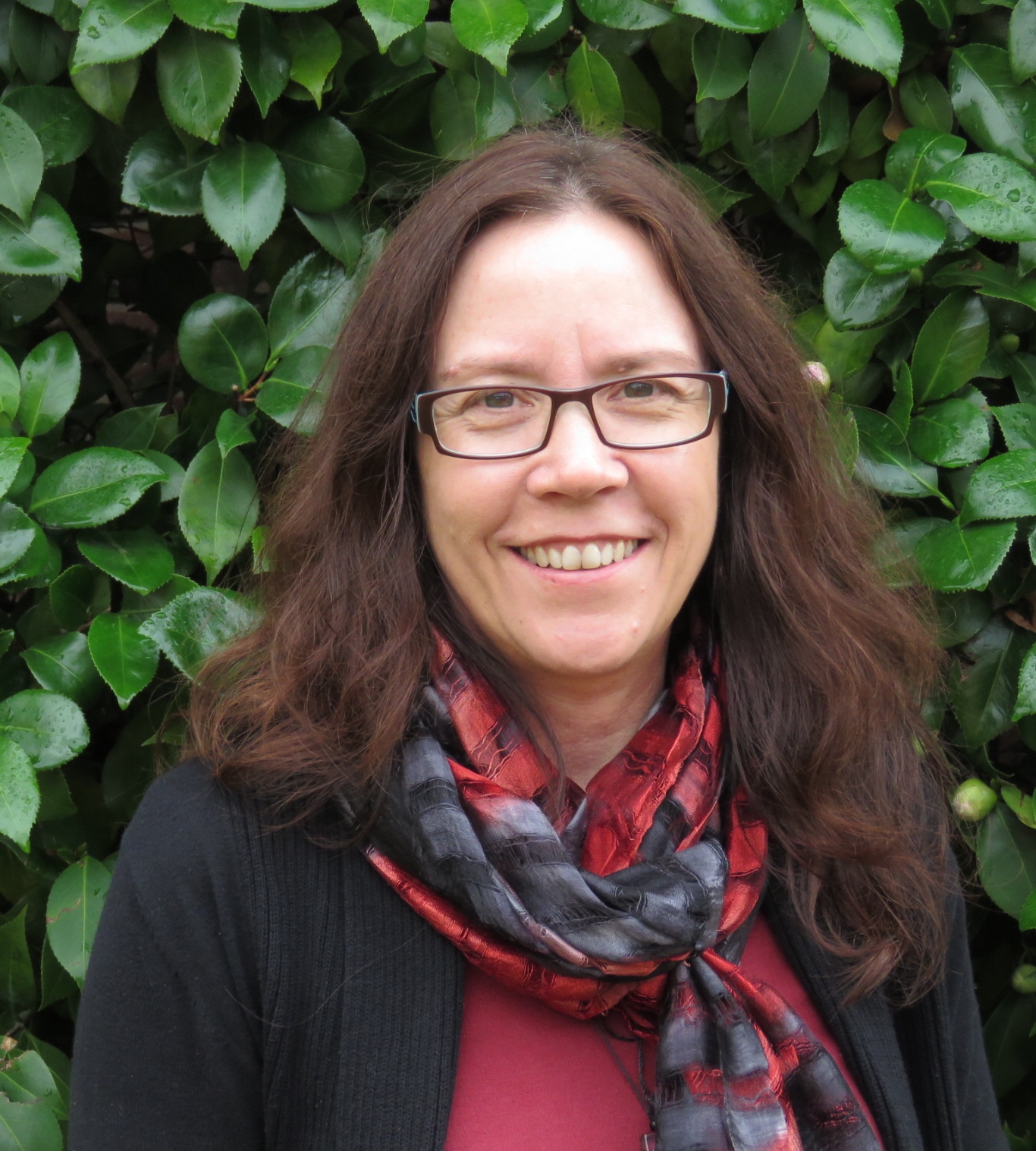
Julianne Lilley
- Dr Julianne is the Group Leader of the Soil and Plant Modelling team within CSIRO Agriculture and Food. She is a crop physiologist and systems modeller focused on sustainable agricultural profitability and Genotype x Environment x Management interactions. Her research has included climate change impacts, crop root system function, crop water-use efficiency, whole-farm productivity and resource protection. She currently has a strong focus on canola phenology, physiology and management, and improving the APSIM-Canola model.
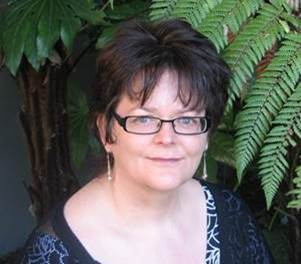
Val Snow
- Dr Val Snow is a systems modeller at AgResearch in New Zealand and comes from a soil physics and agricultural science background. Her research focuses on the development and use of simulation models to support technological innovation in pastoral agricultural systems and assessment of the impacts of land use. Application areas include land use policy, future farming systems, greenhouse gas mitigation and climate change adaptation. Val serves as an Editor for Environmental Modelling and Software.

Mike Dodd
- Dr Mike Dodd is a Senior Scientist in the Sustainable Agri- Systems team at AgResearch. He has worked with AgResearch (previously the Ministry for Agriculture and Fisheries) for 35 years and is currently based in Palmerston North. New Zealand. His main areas of research expertise include grassland ecology and soil science in the context of dairy and mixed livestock pastoral systems which must operate to achieve multiple sustainability goals. He has B. Agricultural Science (Hons) degree from Massey University and a PhD in grassland ecology from Colorado State University.

Uwe Grewer
- Dr Uwe Grewer is a researcher specialising in agricultural development economics and the biophysical modelling of farming systems. His work focuses on understanding the complex interactions between environmental sustainability and the socio-economic outcomes of agricultural production, with a particular focus on the economics of drought and climate resilience. Dr Grewer’s current research explores whether specific crop rotations enhance drought resilience by providing higher and more stable farm incomes. He also examines the outcomes of decision thresholds that determine whether farmers pursue opportunistic intensification during wet periods or adopt strategic fallowing in dry years—insights that are critical to improving risk management amid increasing climate variability.

Chloe Lai
- Dr Chloe Lai is a researcher at the University of Southern Queensland whose work focuses on developing practical, data-driven solutions for spatially explicit and timely farm management. Her research models the complex interactions between soil constraints, crop production, and management practices, with the aim of improving on-farm decision-making and productivity. Specialising in the integration of agricultural systems models, machine learning, and geostatistics, Dr Lai connects biophysical processes across multiple spatial and temporal scales. She works in close collaboration with industry partners to tackle real-world challenges, particularly in the management of soil constraints, ensuring that her research delivers applied outcomes that directly benefit agricultural practice.

Yash Chauhan
- Dr Yash Chauhan is a Senior Research Scientist with the Department of Agriculture and Fisheries (DAF) and Honorary Associate Professor in the Centre for Plant Science at the University of Queensland. He was involved in the development of the APSIM Pigeonpea module. At DAF, he has collaborated in modelling aflatoxin contamination in peanut and maize, and in the development of online decision support systems to predict aflatoxin risk and irrigation scheduling in peanuts, which are now part of Yield Prophet. Yash has been involved in the application of APSIM in characterising growing environments of maize, chickpea and mungbean to underpin improvement and agronomy for achieving better adaptation and yield in different agro-ecologies.
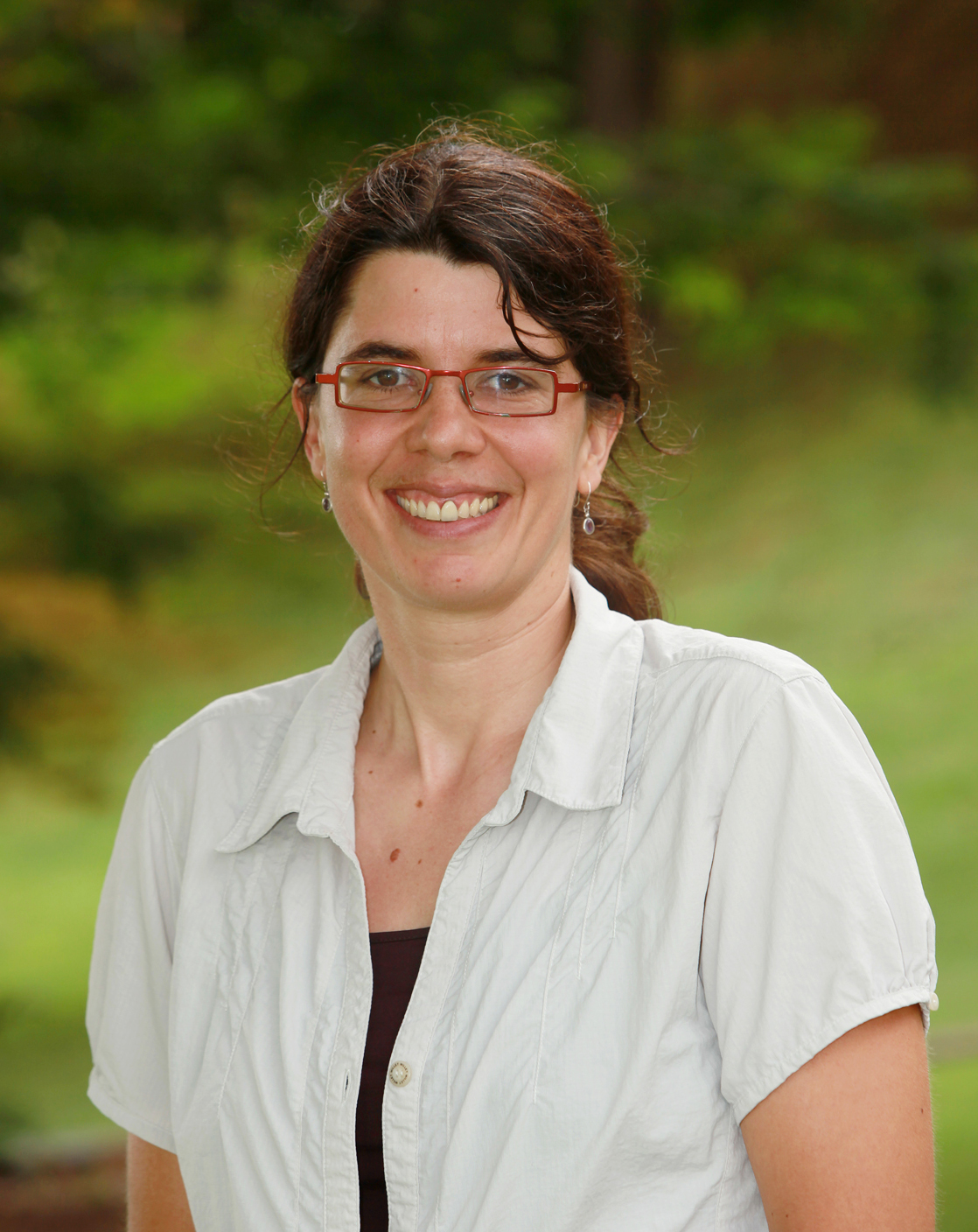
Karine Chenu
- Dr Karine Chenu is a Senior Research Fellow at the University of Queensland. Karine has expertise in ecophysiology, genetics and modelling. She is conducting research that supports crop modelling technology, plant design and breeding strategies in winter cereals. Her main interests concern understanding trait physiology and genetics, developing gene-to-phenotype crop modelling and exploring novel combinations of genotypes, environments and management practices to assist productivity improvement in changing environments.
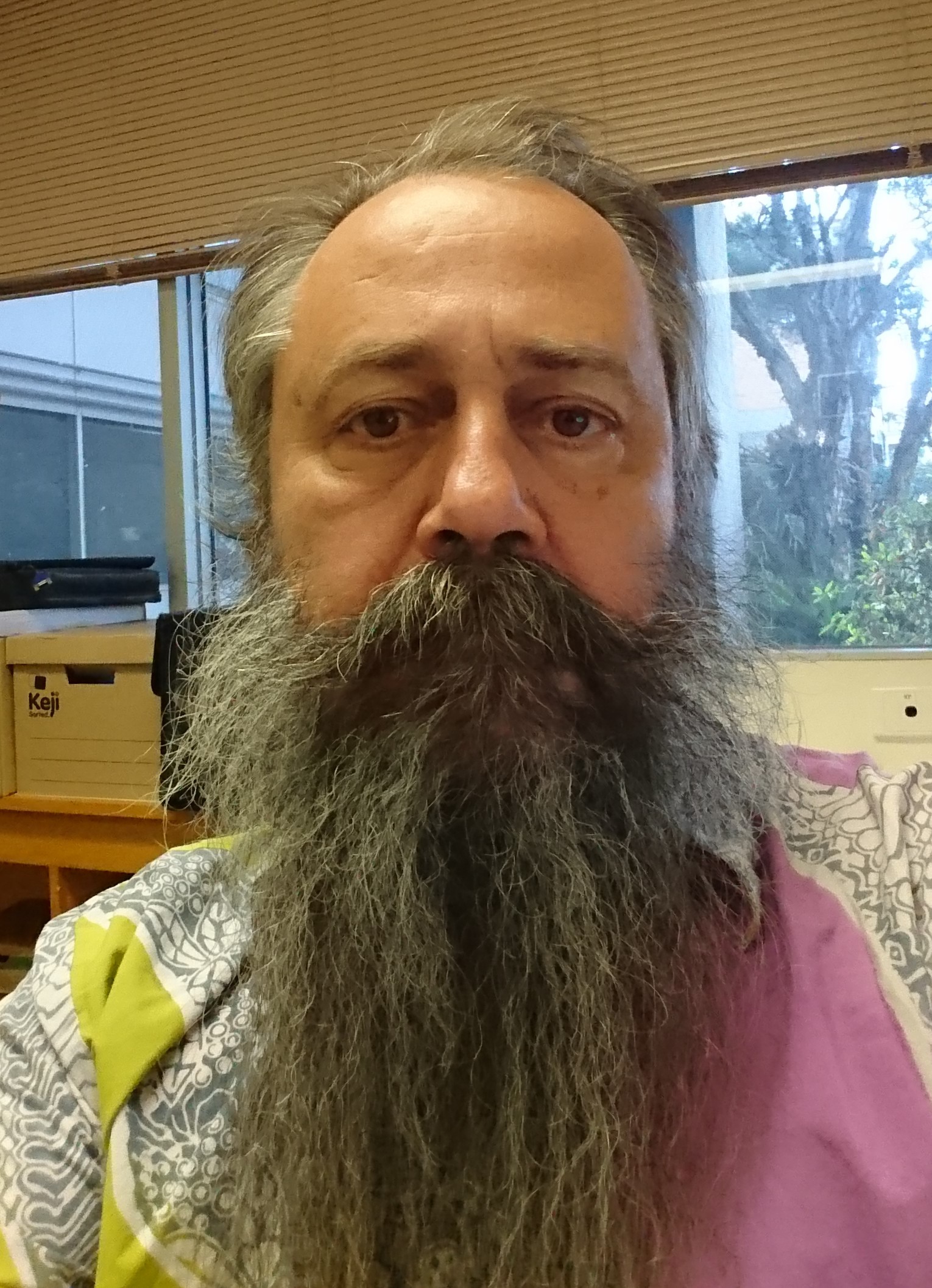
Peter DeVoil
- Mr Peter deVoil is a farming systems modeller at the University of Queensland, and has a long association with the APSIM initiative. His modelling journey began with working on the water balance and native pasture (grasp) modules, extended into climate applications of APSIM, and has since concentrated on farm scale simulation activities. With his software engineering background, he has resourced much work on large scale simulation exercises and analysis tasks on diverse hardware.

Sotirios Archontoulis
- Dr Sotirios Archontoulis is an associate professor of Integrated Cropping Systems at Iowa State University, Department of Agronomy. His research focusses on maize and soybean crop modeling and rotation aspects with cover crops, simulation of excess water stress and shallow water tables, tile drainage and N leaching, root growth, N and C cycling, genotype by environment by management interactions, decision support tools, and field to regional scale integrated model assessments.
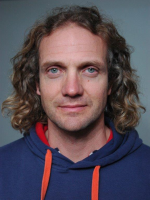
Hamish Brown
- Dr Hamish Brown is a crop physiologist and systems modeller from the New Zealand Institute of Plant and food research working on the improvement and application of APSIM. Research interests include improving productivity of cereal crops, improving the efficiency of irrigation and linking crop genetic information to model parameters.

Rogerio Cichota
- Rogerio Cichota is an agroecosystems modeller and soil scientist currently working for Plant and Food Research. He has more than 15 years of experience working on integrated analysis and modelling of farm systems in New Zealand. He has worked with and contributed to development and testing of several modelling tools, including APSIM. Rogerio has been an active member of the APSIM community, contributing to the development of various soil and plant models. He has employed these models working with a variety of sectors, particularly pastoral and cropping systems, to investigate the relationships between environment and management and their effects on production and environmental impacts of farming activities.
Meet our Chief Software Mentor (CSM)

Dean Holzworth
- Dean Holzworth is a highly respected software engineer with over 30 years of experience working on the Agricultural Production Systems sIMulator (APSIM) at CSIRO in Toowoomba. As the lead of the APSIM software engineering team, Dean plays a pivotal role in guiding the development, maintenance, and continual enhancement of this internationally renowned agricultural systems modelling platform. Dean’s deep expertise spans decades of software innovation, and he is widely recognised for his mentorship and leadership within the APSIM community. His contributions provide not only technical excellence but also strategic and operational support that underpin the long-term success and global reputation of the APSIM initiative. Dean’s commitment ensures that APSIM remains at the forefront of agricultural modelling, enabling researchers and practitioners worldwide to explore complex interactions between climate, soil, crops, and management practices.
